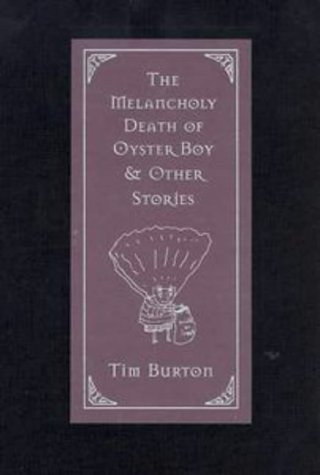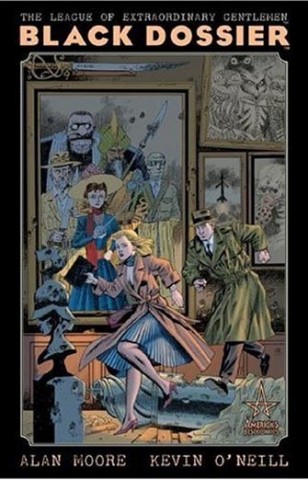So this is a quote from my Field Experience Blog, which I am treating way more like a blog and less like the academic assignment it actually is. Hopefully my advisor won’t regret his choice of formats because of my rambling nature. It is normally not that exciting–I mostly just report what non-fiction questions I answer and collection maintenance I do–but this happened today and I couldn’t not write about it:
“Then close to my time to leave, something small happened that I’ve been thinking about almost constantly since. This woman was asking me if anyone had turned in her thumb drive, which she had apparently lost at the library at some point. She seemed really annoyed that I didn’t immediately understand the situation from the statement “Has anyone seen my USB?” She complained that, “A librarian assured me that she would send an email around to all of you library receptionists!” As an intern, I don’t have a Wake County email address, so sometimes I am out of the loop on these things. I checked the lost and found for her, but no one had turned in her thumb drive. She left, and I thought about the phrase “library receptionist” for the rest of the night.
Most people assume that if you’re sitting behind a desk in the library, you’re a librarian, which is totally fair. How are they supposed to know the actual professional requirements of the term “librarian”? To them, a librarian is someone who sits at a desk at the library and can help them find books. And any library assistant or unpaid intern can do that, master’s degree in progress or no. I’ve never had anyone assume that, because I’m sitting behind a desk at the front of the library, I’m a receptionist. I guess it makes sense; at plenty of offices or businesses that’s what it would mean. Plus, I am awesome at typing and answering the phone. But I’m not a receptionist. I’m not going to grad school to be a receptionist. I don’t spend almost all of my free time reading children’s books to be a better receptionist. But is that how people see us? No wonder we are always explaining that Yes, you DO need a master’s degree for that. No wonder we’re so defensive as a profession, sometimes to our detriment. It used to really bother me when librarians I worked with would make their master’s degree such a big deal or try to pull rank with it, when I’ve known amazing library assistants with years of experience who could do anything they could, a lot of times better. I still think, even after almost earning mine, that the master’s degree is overrated; experience is still the best teacher. But I’m beginning to see why people defend it so much: because we do so much work that people consistently undervalue or don’t notice, and a master’s degree is at least an outward sign of that.
But, like a good writer, we need to show rather than tell. I think we need to stop whining in class or on our field experience blogs that we’re professionals, that we deserve to be recognized for being more than just receptionists, and show people that we are. We need to stop insisting to each other that we’re relevant and do something to make other people believe it. I don’t know what that something is yet–it’s probably more than one thing–but I’ll get back to you.”

